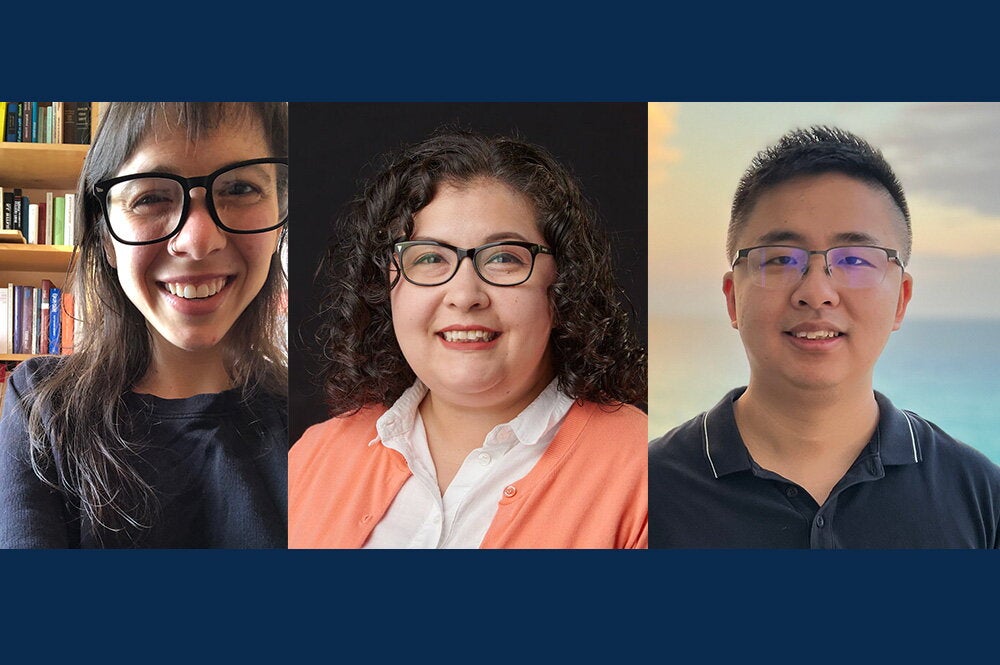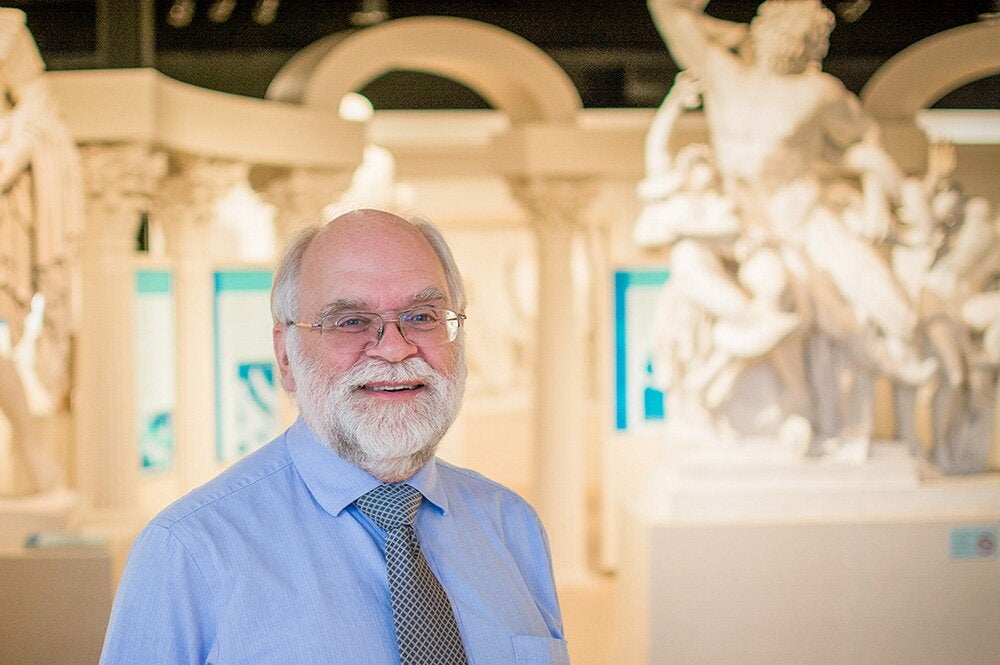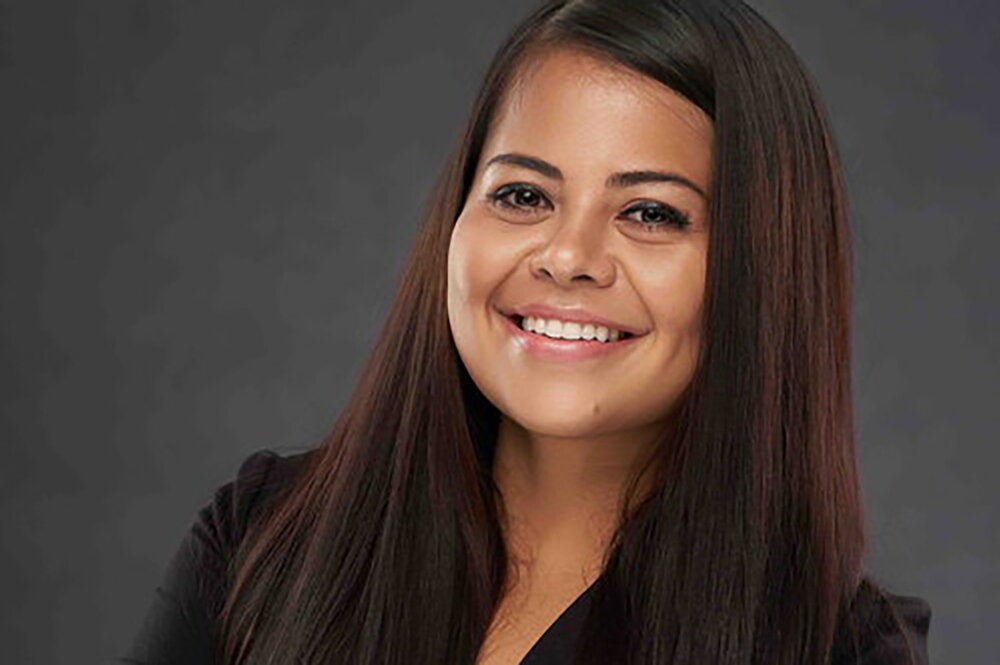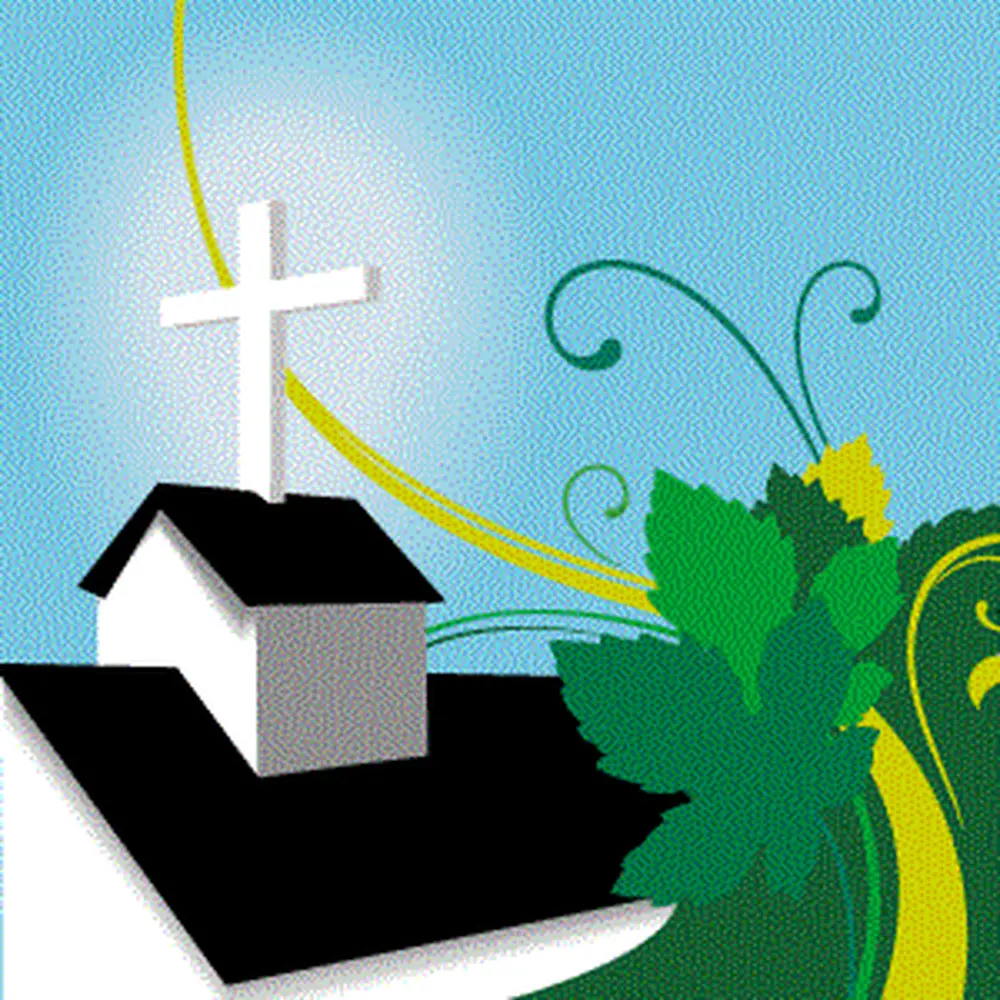
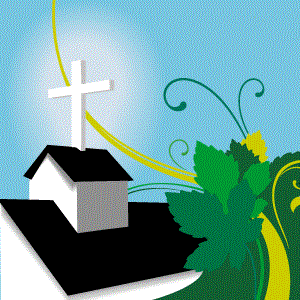
Members of the College of Liberal Arts & Sciences addressing the threat of climate change and shrinking ecosystems believe they've found a potentially powerful new ally in some of the oldest institutions—churches.
The first fruits of this unusual alliance came in June, during a STEWARDship (Sustaining The Earth With Allied Religious Denominations) workshop on the U of I campus, where presentations with titles such as "An Eco-theology of the Old Testament/Hebrew Bible" were accompanied by scientific analysis of climate change.
Achieving a greater mutual understanding was the aim. Presenters—from LAS, environmental groups, and religious organizations both within and outside the University—also spoke of ecosystems, biodiversity, health, the "commodification" of nature and nonhumans, belief in God and dealing with global environmental problems, restoring the human-nature connection, and implementing lessons from the workshop into churches.
The effort was built upon a growing realization within religious communities that caring for the environment is part of following God's word. The trend—taking shape in actions such as the placement of solar panels on churches—has been widely reported in the media nationwide, and an attitude shift is confirmed by members of Urbana Theological Seminary who attended the workshop and maintain connections with many churches in and around Champaign-Urbana, as well as outside the area.
Robert McKim, professor of religious studies and philosophy, and head of the Department of Religion, says the diversity of people at the workshop, including those with ties to local ministers and church leaders, provides an opportunity to bring together people who, until now, have largely remained apart.
"The reality is that most people within 100 miles of Champaign-Urbana are more likely to be influenced by what their churches say than by what academics say," McKim says. "Part of what's involved is getting information about the relevant science into the hands of people at churches."
The effort formed in fall 2007 when people at the University began talking about what they could do to encourage more eco-friendly lifestyles. The workshop came together in the ensuing months. Members of the group hope to do more events in the future (and they've begun posting June's presentations on YouTube).
"We are working on a budget that suffices for our basic expenses but is quite modest, and we do not have a staff. We're just a number of individuals that devoted our time and energy to this," McKim says. "We can serve as a clearinghouse for ideas and information and relevant knowledge, relevant expertise, relevant theological insights, and we can help disseminate all of that to key relevant constituencies."
The workshop took on a unique flavor after Ken Cuffey, president of Urbana Theological Seminary and a professor there, spotted a letter in Champaign's local newspaper, The News-Gazette, by several U of I faculty (including several from LAS) proclaiming solidarity with evangelical Christians who have worked to reduce impacts of climate change. Cuffey, also encouraged by Brian Sauder, a U of I alumnus attending the seminary, reached out to the letter-writers to join forces.
Members of the seminary played a significant role at the workshop, with Cuffey presenting several Biblical passages that called for care of the environment (there's a powerful theology of the environment in the Bible that people don't see, he says). The seminary is familiar with LAS and U of I faculty on an informal basis, Cuffey notes, but this kind of working collaboration between members of the institutions has been "unique," he says. As a result of the program, he adds, he could connect local church leaders with scientists he met at the workshop, and he could also develop his own teachings.
"This is very grassroots," Cuffey says, of the workshop, "and it's something both parties were really interested and ready to respond to and open arms to each other."
Don Wuebbles, professor of atmospheric sciences and member of the Nobel Prize-winning Intergovernmental Panel on Climate Change, helped plan the workshop and presented evidence of the threats of global warming. He says the program opened up new avenues for discussion for him, which came into play during a town hall meeting in Decatur, Ill., not long after the workshop.
A woman approached him wondering how to convince more people to use solar power, and Wuebbles recalled a documentary shown at the workshop, RENEWAL, that told of how people of different faiths are addressing the environment (information on how to obtain the film is available through the workshop website.)
"There's an organization out east (GreenFaith in New Jersey) that tries to put solar power panels on churches," Wuebbles says. "It provides all their power, and then they can sell some. She was very interested."
Indeed, scientists at the workshop served as information resources for others in attendance, but there was mutual benefit all around. Susan Kieffer, University Walgreen Fellow and professor of geology and physics (and who used project funding to, along with the U of I's Environmental Council, give financial support to get the workshop started), made a presentation titled, "Natural Versus Stealth Disasters," but notes that the problems facing the planet require more than the scientific method.
"Science is one way of thinking; humans use multiple ways of thinking in parallel," she says. "We are, hopefully, a rational and reasoning species, and we need to bring all ways of thinking together to solve problems."
